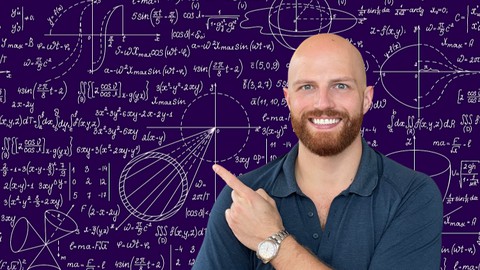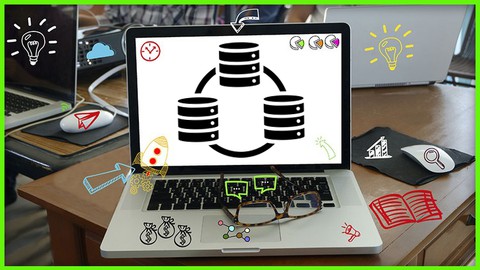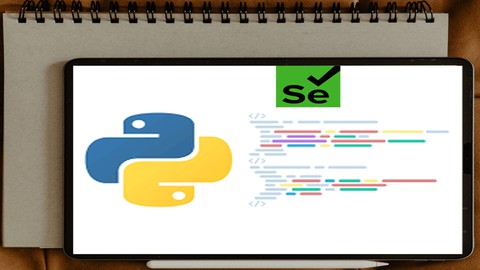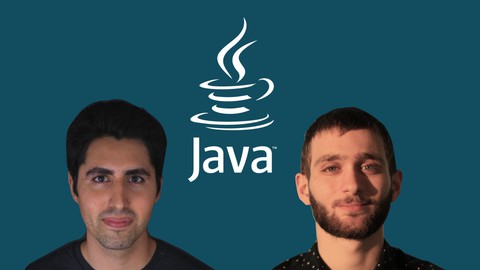Mathematical Foundations of Machine Learning
Loại khoá học: Teaching & Academics
Essential Linear Algebra and Calculus Hands-On in NumPy, TensorFlow, and PyTorch
Mô tả
Mathematics forms the core of data science and machine learning. Thus, to be the best data scientist you can be, you must have a working understanding of the most relevant math.
Getting started in data science is easy thanks to high-level libraries like Scikit-learn and Keras. But understanding the math behind the algorithms in these libraries opens an infinite number of possibilities up to you. From identifying modeling issues to inventing new and more powerful solutions, understanding the math behind it all can dramatically increase the impact you can make over the course of your career.
Led by deep learning guru Dr. Jon Krohn, this course provides a firm grasp of the mathematics — namely linear algebra and calculus — that underlies machine learning algorithms and data science models.
Course Sections
Linear Algebra Data Structures
Tensor Operations
Matrix Properties
Eigenvectors and Eigenvalues
Matrix Operations for Machine Learning
Limits
Derivatives and Differentiation
Automatic Differentiation
Partial-Derivative Calculus
Integral Calculus
Throughout each of the sections, you'll find plenty of hands-on assignments, Python code demos, and practical exercises to get your math game in top form!
This Mathematical Foundations of Machine Learning course is complete, but in the future, we intend on adding bonus content from related subjects beyond math, namely: probability, statistics, data structures, algorithms, and optimization. Enrollment now includes free, unlimited access to all of this future course content — over 25 hours in total.
Are you ready to become an outstanding data scientist? See you in the classroom.
Bạn sẽ học được gì
Understand the fundamentals of linear algebra and calculus, critical mathematical subjects underlying all of machine learning and data science
Manipulate tensors using all three of the most important Python tensor libraries: NumPy, TensorFlow, and PyTorch
How to apply all of the essential vector and matrix operations for machine learning and data science
Reduce the dimensionality of complex data to the most informative elements with eigenvectors, SVD, and PCA
Solve for unknowns with both simple techniques (e.g., elimination) and advanced techniques (e.g., pseudoinversion)
Appreciate how calculus works, from first principles, via interactive code demos in Python
Intimately understand advanced differentiation rules like the chain rule
Compute the partial derivatives of machine-learning cost functions by hand as well as with TensorFlow and PyTorch
Grasp exactly what gradients are and appreciate why they are essential for enabling ML via gradient descent
Use integral calculus to determine the area under any given curve
Be able to more intimately grasp the details of cutting-edge machine learning papers
Develop an understanding of what’s going on beneath the hood of machine learning algorithms, including those used for deep learning
Yêu cầu
- All code demos will be in Python so experience with it or another object-oriented programming language would be helpful for following along with the hands-on examples.
- Familiarity with secondary school-level mathematics will make the class easier to follow along with. If you are comfortable dealing with quantitative information — such as understanding charts and rearranging simple equations — then you should be well-prepared to follow along with all of the mathematics.
Nội dung khoá học
Viết Bình Luận
Khoá học liên quan

Đăng ký get khoá học Udemy - Unica - Gitiho giá chỉ 50k!
Get khoá học giá rẻ ngay trước khi bị fix.


















Đánh giá của học viên
Bình luận khách hàng